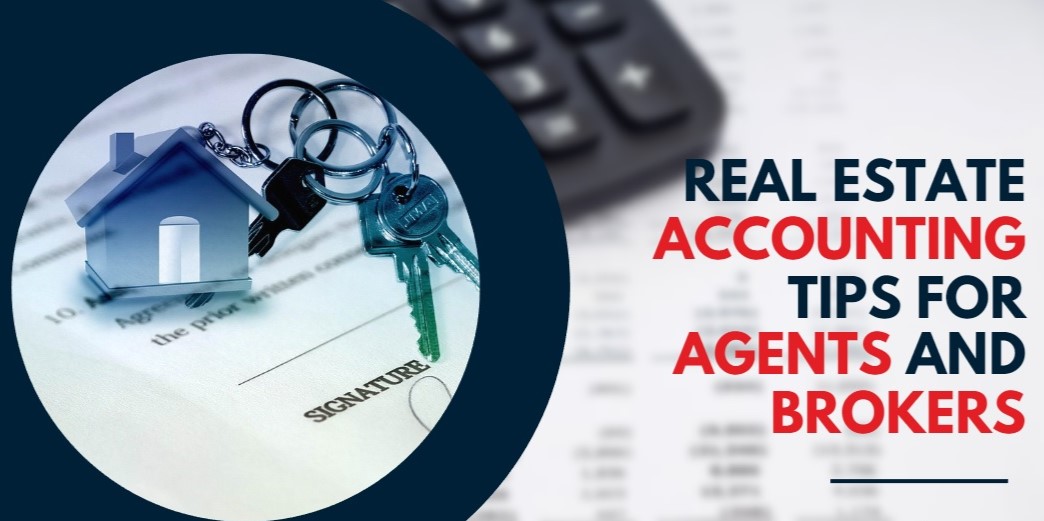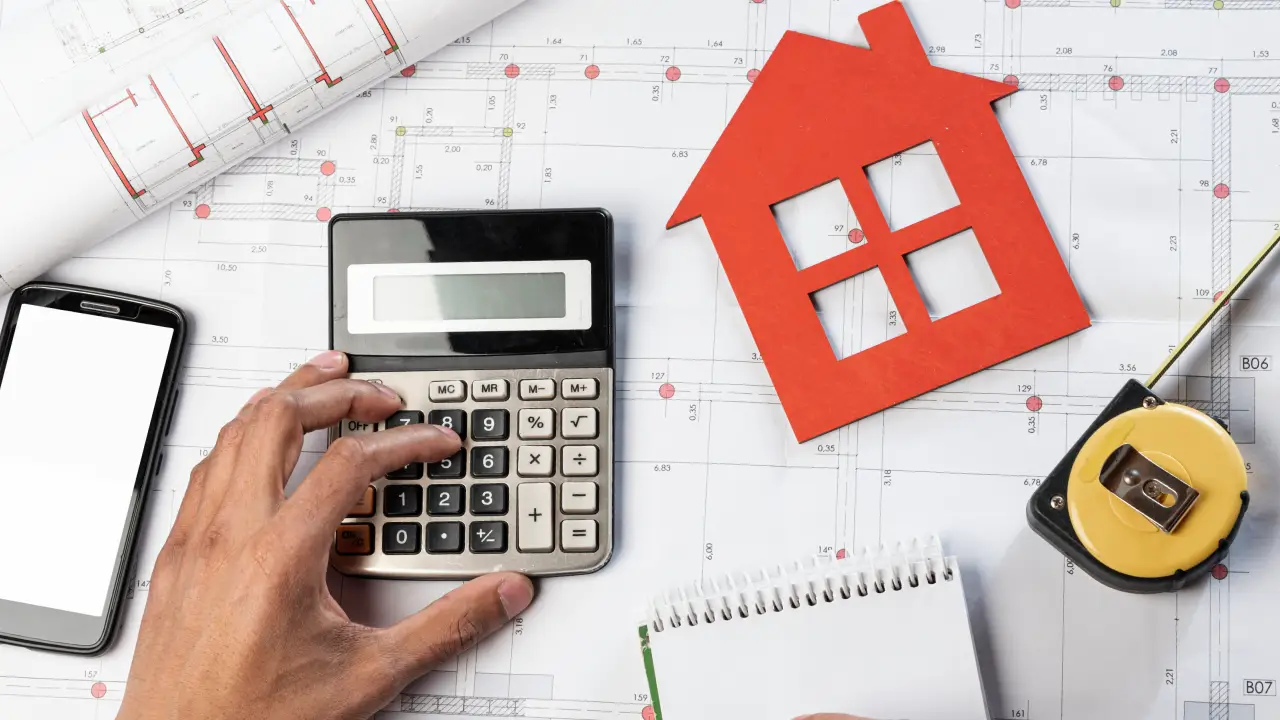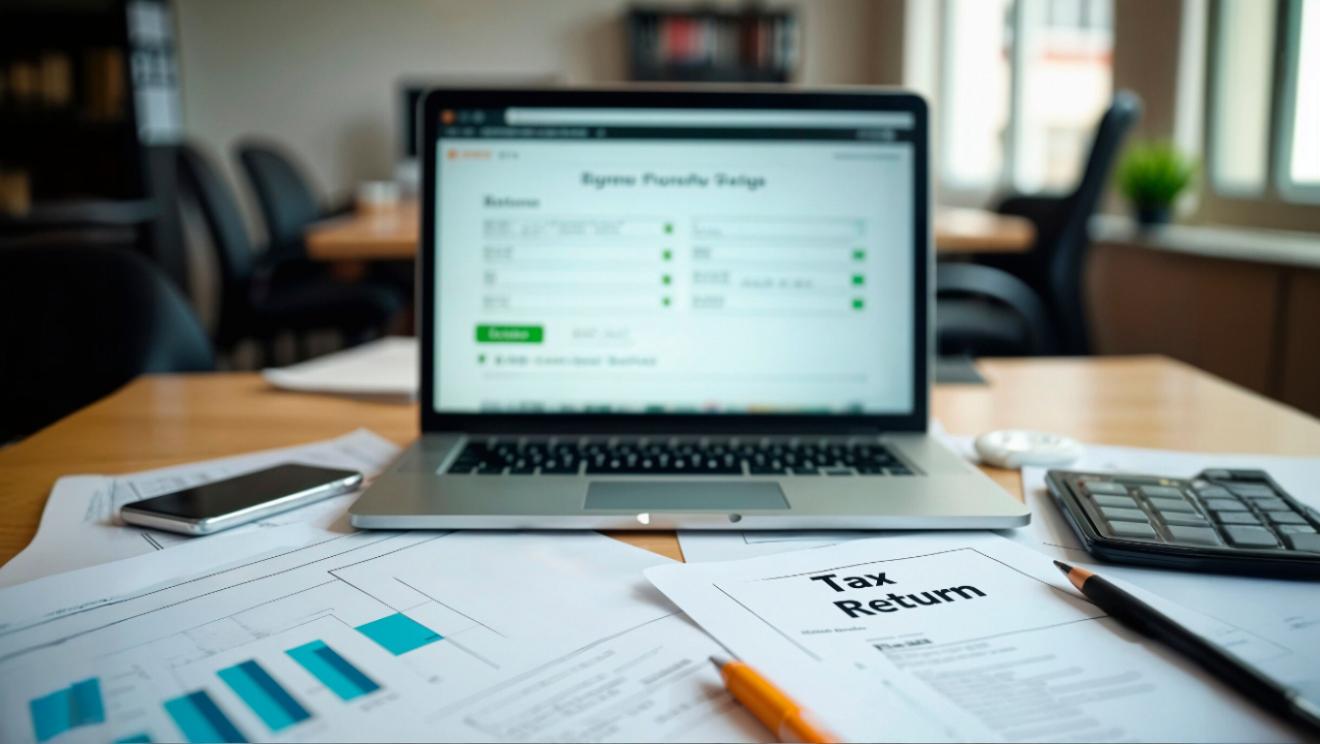Expert Tips for Real Estate Accounting in London Ontario
Real Estate Accounting in London Ontario
Accounting is a critical aspect of managing any real estate business, providing the framework for financial management, decision-making, and compliance with regulations. In London, Ontario, as in other regions, understanding the nuances of accounting in real estate can be particularly beneficial for property managers, real estate agents, and investors. This is where the importance of real estate accounting in London Ontario becomes especially clear, as it encompasses specific local tax laws, reporting requirements, and financial strategies tailored to the region. This blog will delve into the definition of real estate accounting, its key elements, and offer practical tips for effective management.
What is real estate accounting?
Definition and Importance
Real estate accounting refers to the specialized financial management practices and systems used to track and manage the financial transactions related to real estate activities. This includes the purchase, sale, rental, and management of properties. In essence, it involves recording, analyzing, and reporting financial transactions to ensure the profitability and compliance of real estate operations.
For professionals and property owners seeking expertise in this area, Real Estate Accounting in London Ontario offers localized knowledge and services tailored to the region’s real estate market, ensuring both compliance and optimal financial performance.

Proper accounting in real estate is crucial for several reasons:
- Financial Health: Provides insights into the profitability and financial stability of real estate investments.
- Compliance: Ensures adherence to tax laws and other regulatory requirements.
- Decision-Making: Facilitates informed decision-making regarding property investments and management strategies.
Key Elements of Real Estate Accounting in London Ontario
1. Revenue Recognition
In real estate, revenue primarily comes from rental income, property sales, and sometimes from service fees. Revenue recognition involves determining when and how to record these revenues in the accounting books. For those navigating the complexities of Real Estate Accounting in London Ontario, understanding the timing and classification of these income streams is essential to ensure compliance and accurate financial reporting.
- Rental Income: Recorded as earned income in the period it is received or due, depending on the accounting method used.
- Property Sales: Revenue from property sales is recognized when the sale transaction is completed and ownership is transferred.
2. Expense Tracking
Expenses in real estate accounting include property maintenance costs, management fees, utilities, insurance, and taxes. Accurate tracking of these expenses is essential for calculating net operating income (NOI) and overall profitability. For those involved in real estate accounting in London Ontario, maintaining precise records of these expenses is especially important due to local market dynamics and regulatory requirements.
- Operational Expenses: Day-to-day expenses related to property management and maintenance.
- Capital Expenses: Costs for significant improvements or repairs that enhance property value and extend its lifespan.
3. Asset Management
Real estate assets, including land, buildings, and improvements, need to be properly accounted for and managed. This involves recording the acquisition costs, depreciation, and any revaluation of properties.
- Acquisition Costs: Include purchase price, closing costs, and other expenses related to acquiring the property.
- Depreciation: Spread the cost of property improvements over their useful life to account for wear and tear.
4. Liabilities and Financing
Managing liabilities and financing is a crucial part of real estate accounting. This includes tracking mortgages, loans, and other financial obligations related to property investments.
- Mortgage Payments: Track principal and interest payments to ensure proper accounting of debt reduction and interest expenses.
- Other Liabilities: Include unpaid bills, property taxes, and any other outstanding financial obligations.
5. Taxation
Real estate accounting must consider various tax implications, including property taxes, income taxes on rental income, and capital gains taxes on property sales.
- Property Taxes: Local taxes based on property value that need to be paid annually.
- Income Taxes: Taxes on rental income, less allowable deductions and expenses.
- Capital Gains Taxes: Taxes on the profit from the sale of property.

Tips for Effective Real Estate Accounting in London Ontario
1. Implement a Robust Accounting System
A reliable accounting system is fundamental for managing real estate finances efficiently. This can be a software solution tailored for real estate accounting in London Ontario or a comprehensive spreadsheet system.
- Software Solutions: Use accounting software like QuickBooks or specialized real estate management software to automate and streamline financial tasks.
- Manual Systems: Ensure meticulous record-keeping with detailed spreadsheets if opting for a manual approach.
2. Maintain Accurate and Detailed Records
Accurate record-keeping is essential for financial management and compliance. Keep detailed records of all transactions, including receipts, invoices, and contracts.
- Transaction Records: Maintain records of all income and expenses related to property management and transactions.
- Supporting Documentation: Store receipts, invoices, and contracts to support financial entries and ensure accuracy.
3. Regular Financial Reviews
Conduct regular reviews of financial statements and reports to monitor the performance of real estate investments and identify any issues.
- Monthly Reviews: Analyze income statements, balance sheets, and cash flow statements monthly to track financial health.
- Annual Audits: Perform annual audits to ensure accuracy and compliance with accounting standards and tax regulations.
4. Seek Professional Advice
Engaging with a professional accountant or financial advisor specializing in real estate can provide valuable insights and ensure compliance with complex regulations.
- Accounting Experts: Consult with accountants who have experience in real estate to navigate tax laws, financial planning, and investment strategies.
- Legal Advice: Seek legal counsel for issues related to property transactions and regulatory compliance.
5. Stay Updated on Tax Laws and Regulations
Tax laws and regulations can change frequently. Stay informed about any changes that may impact your real estate accounting in London Ontario practices.
- Regulatory Updates: Subscribe to industry newsletters or consult with tax professionals to keep up with changes in tax laws and regulations.
- Tax Planning: Plan for tax implications of property transactions and income to optimize tax benefits and minimize liabilities.
6. Utilize Real Estate-Specific Metrics
Understand and use key real estate metrics to evaluate property performance and make informed decisions.
- Net Operating Income (NOI): Measure the profitability of a property by subtracting operating expenses from rental income.
- Cap Rate: Calculate the capitalization rate to assess the potential return on investment for a property.
- Cash Flow: Track the cash flow from rental income minus expenses to gauge the financial viability of property investments.
Conclusion
Accounting in real estate is a specialized field that requires careful attention to detail and a solid understanding of financial management practices. Effective real estate accounting involves recognizing revenue, tracking expenses, managing assets and liabilities, and staying informed about tax implications. By implementing a strong accounting system, maintaining accurate records, and seeking professional advice, real estate investors, property managers, and agents can ensure financial stability and compliance, ultimately leading to successful property management and investment outcomes.
For those specifically seeking expertise in real estate accounting in London Ontario, Rees Professional Accounting offers detailed analysis and expert advice tailored to the local market. Contact them at 519-719-6629!
Real Estate Accounting in London, Ontario
real estate accounting in London Ontario | real estate accounting in London Ontario










